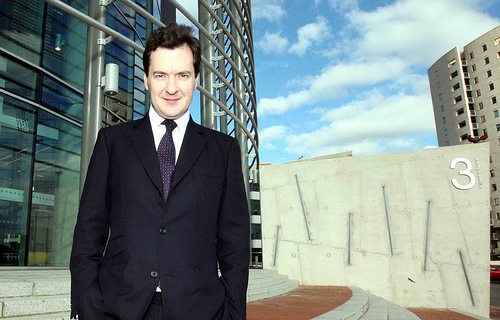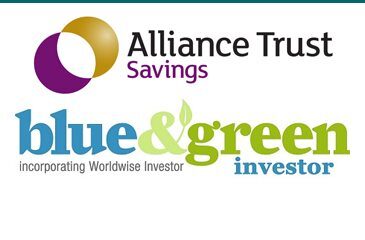

Economy
Autumn statement: Osborne delivers a win for social investment but omits environment
Investors will receive tax reliefs from April 2014 when they invest in social enterprises and social impact bonds, George Osborne revealed in an autumn statement on Thursday that on the whole disappointed the sustainability space.
The chancellor’s speech also included announcements on further tax benefits for the shale gas industry and extra funding for start-up businesses, as well as support for the science, engineering and technology sectors.
The social investment tax relief – which was proposed in the form of a government consultation that closed in July – will be available for equity and some debt investments in vehicles such as charities and community interest companies.
Further details on the tax relief and its regulatory make-up are set to be revealed next week, with the government also set to publish a social investment road map early next year.
Simon Howard, chief executive of the UK Sustainable Investment and Finance Association (UKSIF) welcomed this aspect of the chancellor’s speech, but described it as “a great shame” that he failed to provide long-term policy support for renewable energy investors.
He said, “While we welcome both the more environmentally sustainable projects highlighted in the Treasury’s new infrastructure plan and the measures announced today on social investment, recent statements by the prime minister on so-called ‘green levies’ and the lack of any real support for the low-carbon economy in the chancellor’s speech today demonstrate a worrying lack of understanding in the Treasury and No 10 of the impact that long-term megatrends like climate change and resource security can have on the UK’s growth and financial stability.”
Measures to alter the distribution of renewable energy subsides had already been made public so Osborne’s speech included nothing new for the green economy. He confirmed a £50 reduction in energy bills by cutting back some of the environmental and social levies that are currently in place.
The chancellor did, however, say, “Going green doesn’t have to cost the Earth.” This represents a small step in the right direction – at least in terms of his rhetoric – after he told the Conservative party conference in 2011, “We’re not going to save the planet by putting our country out of business.”
In his autumn statement, Osborne revealed that the government would be offering further tax breaks to “encourage investment in shale gas that halves tax rates on early profits”.
Friends of the Earth’s executive director Andy Atkins said this proved the chancellor “hasn’t done his homework: [fracking firms] won’t lower bills, MPs say they are unjustified – and they could be illegal”. Meanwhile Paul Ellis, chief executive of Ecology Building Society, described the move as “shortsighted”.
Investors and savers will be disappointed that changes to individual savings accounts (ISAs) – which had been rumoured before the statement – weren’t mentioned in Osborne’s speech. It had been speculated that peer-to-peer lending and crowdfunding would be allowed into the products.
Meanwhile, Mark Hoskin of London-based financial advisory firm Holden & Partners said, “The great news is that the government did not tinker again with pension allowances, though the pension landscape remains incredibly complicated.”
Despite the positive moves in social investment, the overall picture was a familiar one for the sustainability space.
Osborne described science as a “personal priority”. If that were truly the case, his autumn statement would have included greater measures to cut the UK’s carbon emissions, strong rhetoric, backed up with similarly robust policy, on the important of clean energy and a blueprint for sustainable growth.
Speaking in September, the chair of the Intergovernmental Panel on Climate Change (IPCC) Rajendra Pachauri urged governments to “see the scientific reality of [climate change] inaction and what this will lead to in terms of impacts and the kinds of threats it is going to pose”. Meanwhile, the government’s climate change advisers the Committee on Climate Change said in a study earlier this year that investing in clean energy would bring about significant financial benefits, to the tune of around £1,600 per UK household, while also helping slash greenhouse gas emissions.
As it was, climate change remained a subject not touched upon by Osborne, in another speech that failed to recognise a healthy environment underpins a prosperous economy.
Further reading:
Autumn statement: the reaction
Autumn statement: financial advisers talk social investment tax relief
Autumn statement: sustainable investment industry calls on Osborne to back renewables


 Environment12 months ago
Environment12 months agoAre Polymer Banknotes: an Eco-Friendly Trend or a Groundswell?

 Features11 months ago
Features11 months agoEco-Friendly Cryptocurrencies: Sustainable Investment Choices

 Features12 months ago
Features12 months agoEco-Friendly Crypto Traders Must Find the Right Exchange

 Energy11 months ago
Energy11 months agoThe Growing Role of Solar Panels in Ireland’s Energy Future




























